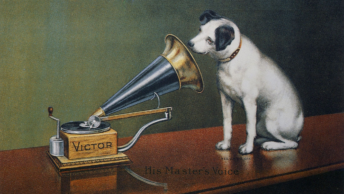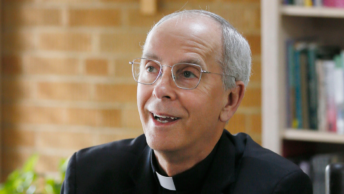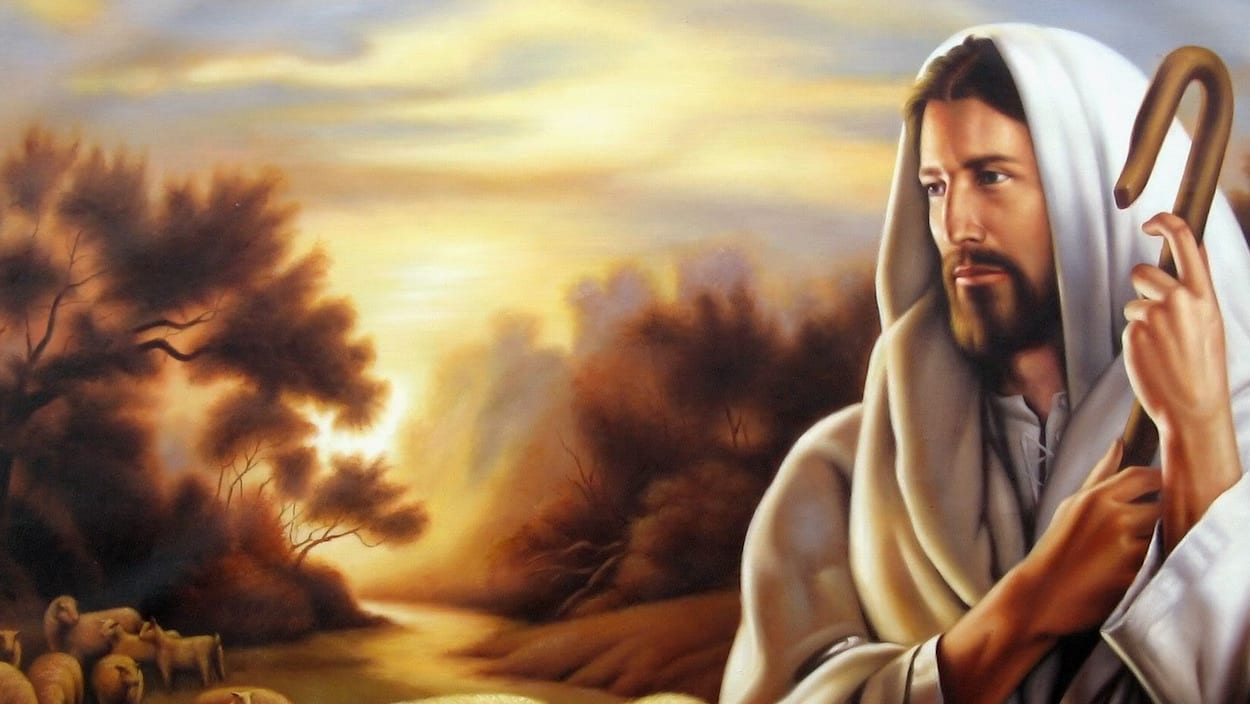Last week, a former student of mine sent me an essay he had recently written. In, How the American Dream resulted in an Economic Crisis, he described a dream that had been turned on its side. In reading his paper, I could not help but be saddened by the seeming abandonment of the long-held American virtues of saving, investment, and production, virtues that have been replaced by unrestrained consumption. Likewise, he noted the ways in which the U.S. government had tied one’s “achievement” of the American Dream to home ownership, and that by the time of the 2008 Financial Crisis, the average American held 13 credit cards. Early that year, he had visited a swanky Newport, California shopping center. These were his observations.
Before the Crisis, I often went to the Fashion Island Mall, which is one of the largest shopping centers in California. Being there I was shocked over and over again to see the way people were consuming products. They were like zombies trying to seek what was advertised as “living the American Dream” just by consumption. Frankly, I knew this was never going to work out. Americans had always hated saving money but in the years before the crisis broke out it became extreme. People spent dollar after dollar not thinking about how they would ever be able to pay back the debt they accumulated on their credit cards. Making consumption part of the American Dream has become an economic disaster because it excludes people who cannot afford it. And those who do not wish to be excluded from the “American Dream” take out more credit. This dangerous system couldn’t work for long and it didn’t. It’s the same thing with people wanting to own their own home. If you look at America’s income statistics, it’s just not realistic. I knew that this bad behavior would loom large.
In reflecting upon my own understanding of the term, American Dream, I found myself searching and grasping. Somehow it seemed distant and detached. Seeking insight, I turned to Wikipedia, that modern day replacement for the Encyclopedia Brittanica of my youth. And in an instant, that vast “Search God” led me to the individual who, in 1931, first coined the term. In his book, The Epic of America, James Truslow Adams wrote of the American Dream as being…
“That dream of a land in which life should be better and richer and fuller for everyone, with opportunity for each according to ability or achievement. It is a difficult dream for the European upper classes to interpret adequately, and too many of us ourselves have grown weary and mistrustful of it. It is not a dream of motor cars and high wages merely, but a dream of social order in which each man and each woman shall be able to attain to the fullest stature of which they are innately capable, and be recognized by others for what they are, regardless of the fortuitous circumstances of birth or position.”
While certainly not excluding the possibility that Americans would acquire the “things” of life, this quite pleasing definition seems to indicate that the American Dream is really more akin to a “way of life.” Some, I think, have described this “way” as having to do with clearly defined priorities. You may have heard this phrase before.
God, Family, and Country.
But certain ones among us have declared this “way” as too confining and restricting. According to them, this way and definition of the American Dream represents too small a box. Who, after all, wishes to live one’s life under such cramped conditions? Given these attitudes, is it any wonder that we Americans find ourselves in our modern predicament of personal and national bankruptcy? For having burst forth from boxes and a way of life that was not only affordable and life-affirming, we have instead opted for more “things” while at the same time desiring larger boxes in which to live. But as it always happens, the reality of our decisions has caught up with us. And with the time to pay the bills having come upon us, our cash ledger has turned red while boldly blaring: Not Sufficient Funds.
Over the past few weeks, as I have discussed our present economic challenges with others, a simple theme seems to surface. Perhaps our priorities have gone astray. Like the Prodigal son, perhaps we also have chosen an unsustainable and undesirable future. And with that future now peering deeply into our eyes, maybe, just maybe, we have arrived at a point in time where our priorities need to be reset.
On June 28, 1787, one of the great fathers of America, Benjamin Franklin, made this statement before the Constitutional Convention:
“We have been assured, Sir, in the Sacred Writings, that ‘except the Lord build the House, they labor in vain that build it.’ I firmly believe this; and I also believe that without His concurring aid, we shall succeed in this political building no better than the builders of Babel.”
God, Family, and Country. To some, a small and confining box in which to live. But for those who seek the eternal, an abiding Wisdom.








